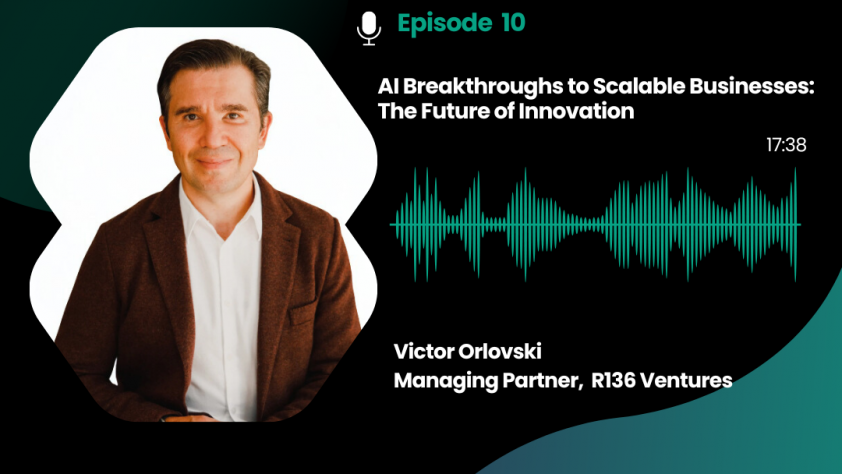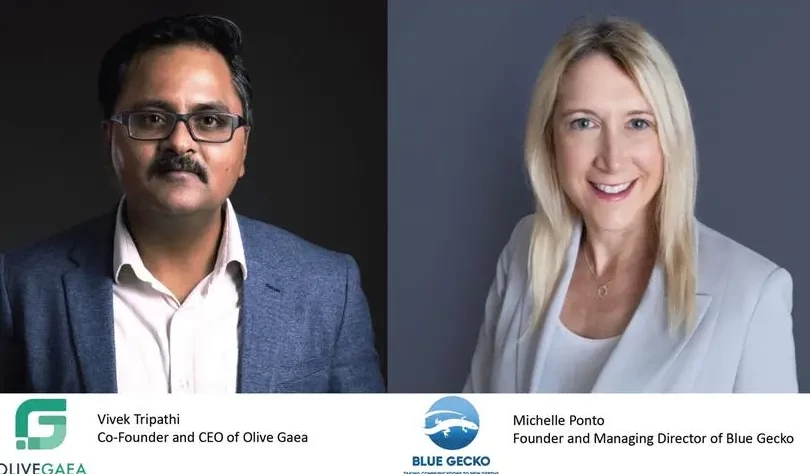The construction industry in the Gulf Cooperation Council (GCC) region is experiencing a pivotal transformation. Once driven solely by rapid development and infrastructure growth, the sector is now under increasing pressure to address its environmental impact. With buildings and construction responsible for nearly 39% of global carbon emissions (GlobalABC, 2021), GCC countries are aligning their construction practices with global climate goals. The urgency to decarbonize is no longer optional but essential, especially in light of new regulatory frameworks.
Regulatory Wake-Up Call: A New Era for Construction in the UAE
The UAE’s Federal Decree-Law No. (11) of 2024 on the Reduction of Climate Change Effects, alongside Cabinet Resolution No. (67) of 2024, is set to reshape the corporate landscape across all sectors. These regulations make emissions reporting and reduction mandatory, with particular emphasis on high-impact industries like construction. Businesses emitting over 0.5 million metric tons of CO2 annually (Scope 1 and 2) are required to measure, report, and verify emissions starting in 2025, placing sustainability at the core of strategic planning.
To foster dialogue on this transition, Olive Gaea, a leading climate tech company, recently hosted a high-impact webinar featuring top industry voices: Pavan Chilukuri, VP – CCUS at Holcim; Dr. Jagannathan P., Senior GM of Sustainability & Climate Action at Sobha Realty; Luma Saqqaf, Founder & CEO of Ajyal Sustainability; and Vivek Tripathi, Co-founder & CEO of Olive Gaea. Here’s a deep dive into the key insights from the discussion.
1. The Urgency of Decarbonization in GCC Construction
With the UAE targeting a 40% reduction in emissions by 2030 as part of its updated Nationally Determined Contribution (NDC), construction companies must move from rhetoric to action. This includes integrating sustainable materials, improving energy efficiency, and developing comprehensive carbon management strategies to align with national and global targets
2. Short-Term & Long-Term Objectives for Developers
Dr. Jagannathan from Sobha Realty emphasized a phased approach:
- Short-term goals include reducing Scope 1 and 2 emissions, managing waste effectively, and shifting construction energy sources to renewable alternatives.
- Long-term goals involve investments in modular construction, adopting AI and digital technologies, and utilizing low-carbon materials such as clinker-free cement 3. Making the Business Case for Green Construction
According to Pavan Chilukuri of Holcim, sustainability is not just a compliance issue but a strategic opportunity:
- 3D printing and modular construction can cut material costs and improve project timelines.
- Carbon trading systems, similar to those in the EU, may soon become viable revenue channels.
- Green buildings increase investor interest, enhance market differentiation, and future-proof operations against stricter future regulations.
- Role of Investors and Finance in Driving Change
Luma Saqqaf of Ajyal Sustainability highlighted how financial stakeholders are shaping the sector:
- Investors increasingly prioritize projects that align with ESG standards and national net-zero ambitions.
- Global regulations like the EU’s CSRD impact multinationals operating in the GCC, pushing for harmonized disclosures.
- Access to green finance depends on credible ESG frameworks and carbon transparency.
- Key Barriers to Decarbonization
Despite the momentum, challenges remain:- Many SMEs in the sector are yet to adopt sustainability as a core priority.
- High costs of innovative technologies limit widespread adoption.
- Complex, multi-tiered supply chains hinder comprehensive emissions tracking and reduction.
- Technology as a Game-Changer
From AI to IoT, technology is revolutionizing how sustainability is embedded in construction:- AI-driven procurement and planning minimize material wastage.
- Building Information Modeling (BIM) improves construction timelines and efficiency.
- Smart sensors track real-time emissions, enabling dynamic carbon management.
- Olive Gaea’s AI-powered platform, ZERO, enables real-time tracking, automated reporting, and actionable decarbonization planning tailored to industry standards.
- The Need for Strong Policy Support
All speakers agreed: regulation is the biggest catalyst for change.- Carbon pricing and trading schemes can incentivize reductions.
- Mandatory green certifications will raise baseline industry standards.
- Public funding for R&D in sustainable materials and technologies will accelerate innovation.
The Road Ahead
The GCC construction sector is at a crossroads. Voluntary sustainability efforts, while commendable, are no longer sufficient. Regulatory mandates and investor expectations are driving a paradigm shift. Businesses that integrate sustainability into their core strategies will lead the region’s transition to a low-carbon economy.
At Olive Gaea, we are committed to enabling this transition. Our platform, ZERO, simplifies emissions tracking, reporting, and decarbonization through AI-powered insights. With tailored solutions for the construction industry, we empower businesses to stay compliant, competitive, and climate-resilient.
Ready to take the next step toward sustainable construction? Book a free consultation with our experts today at www.olivegaea.com.

